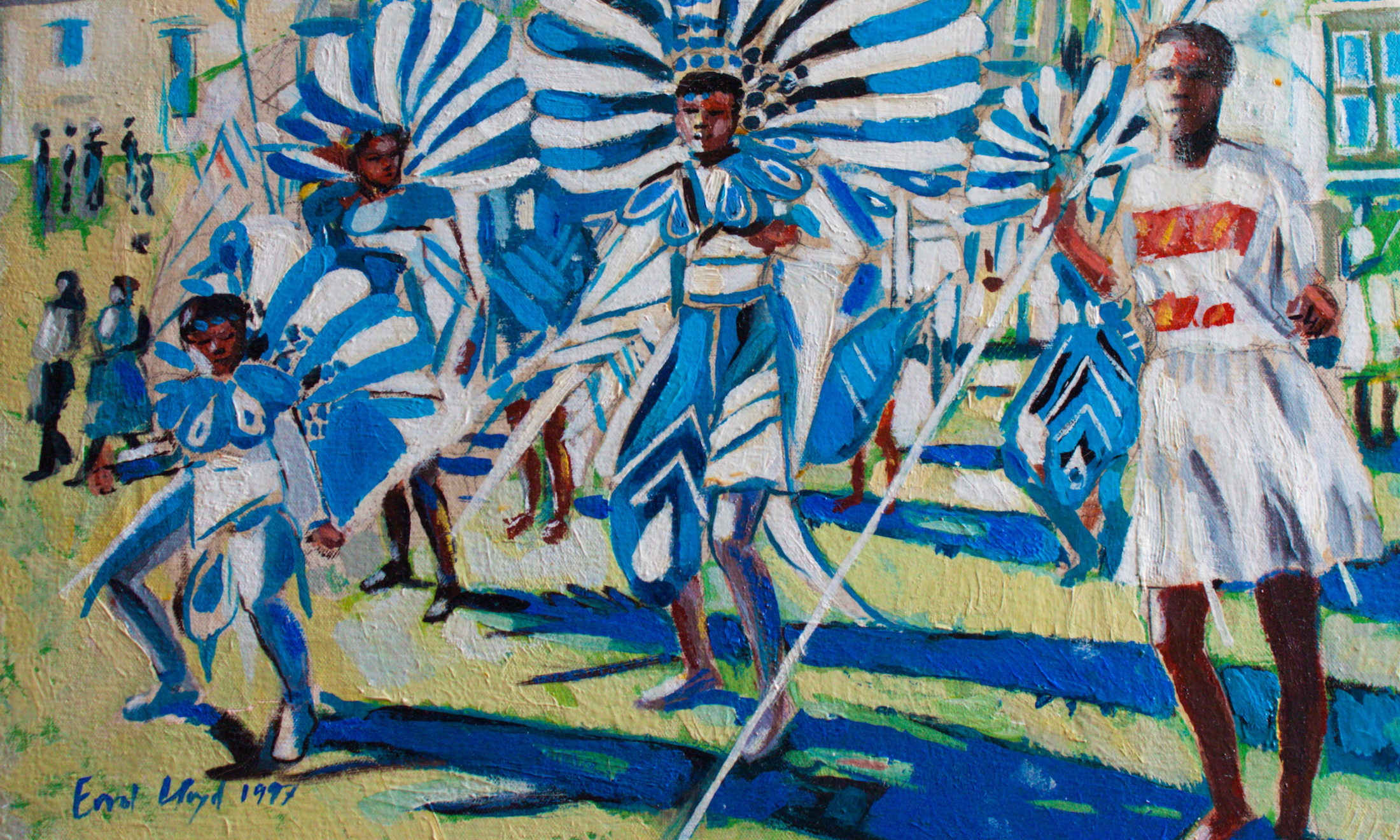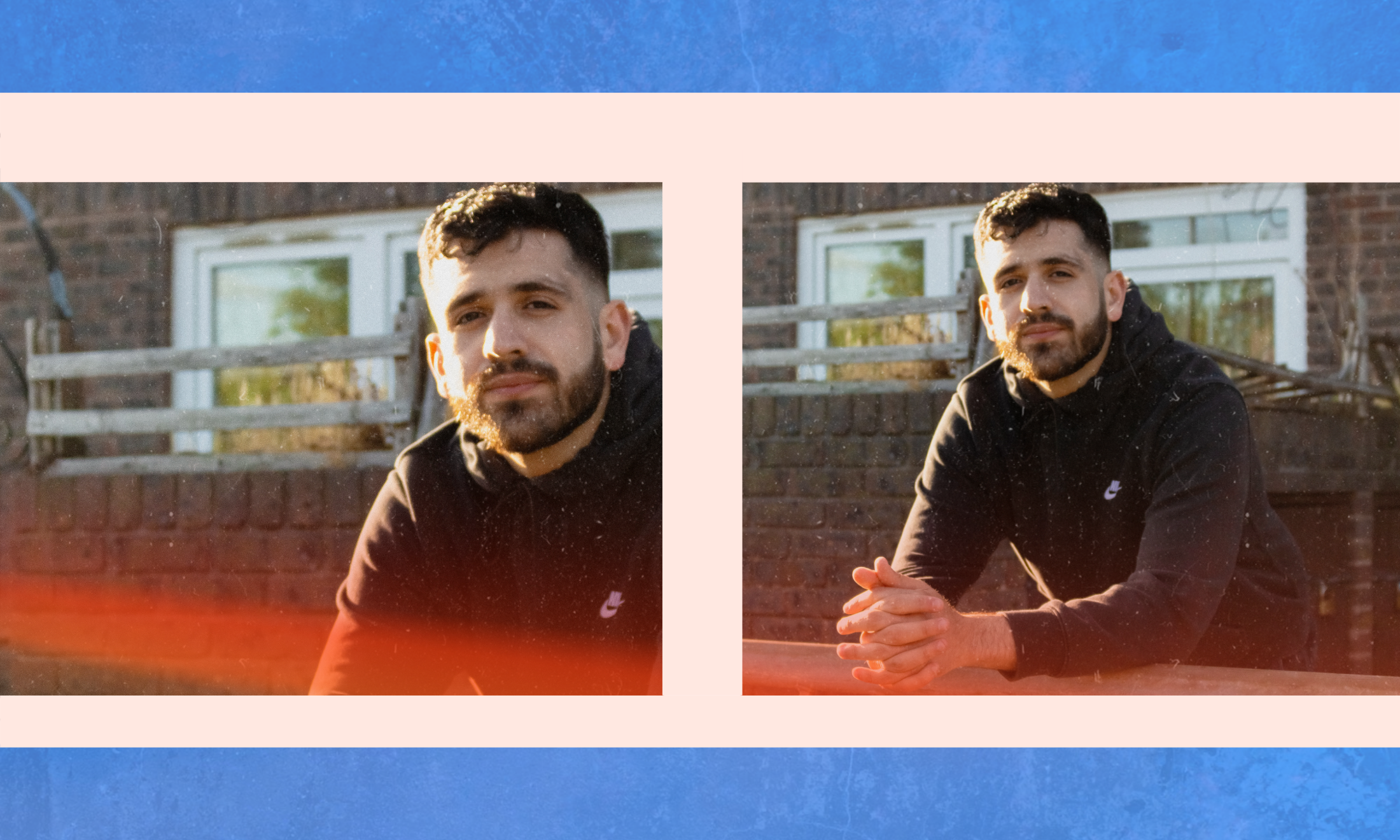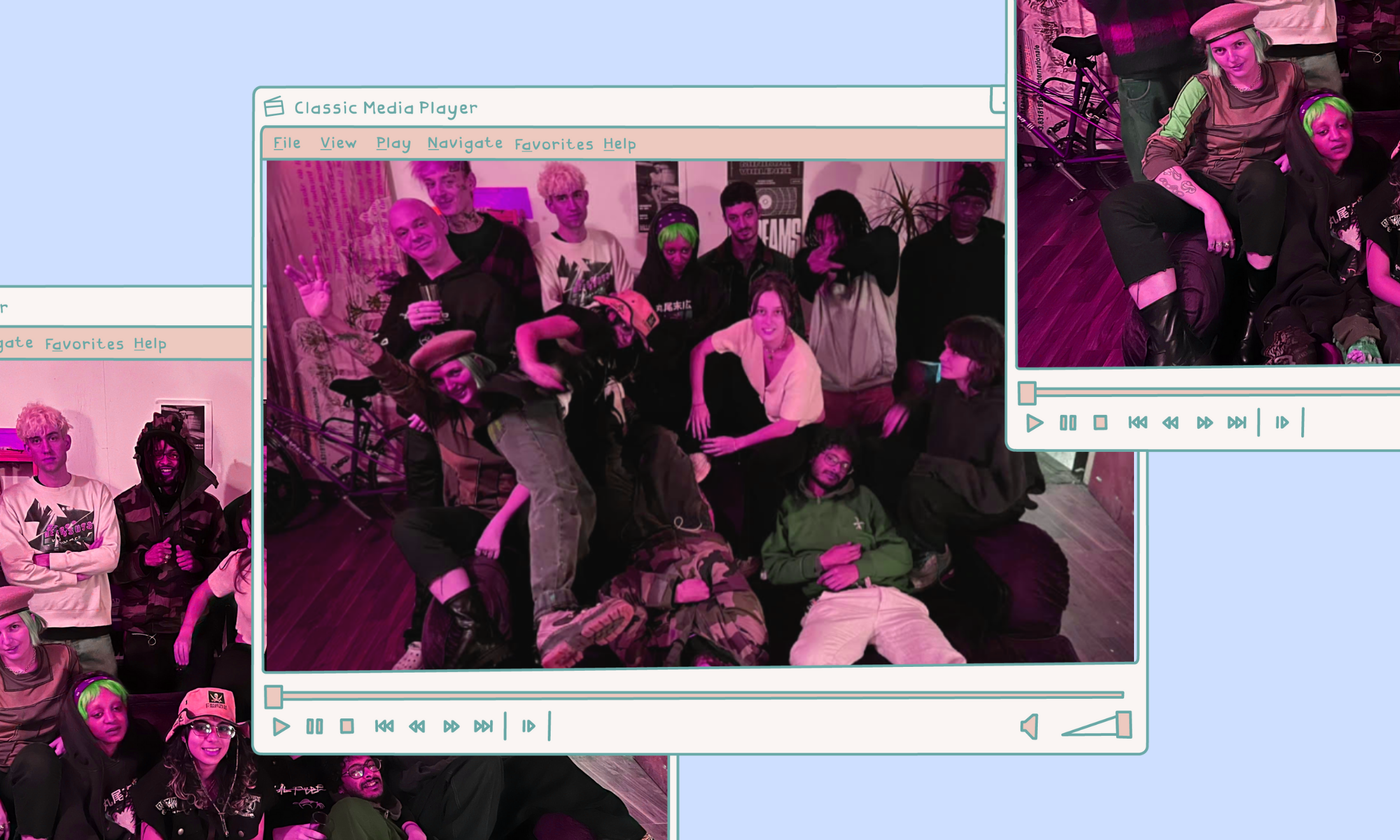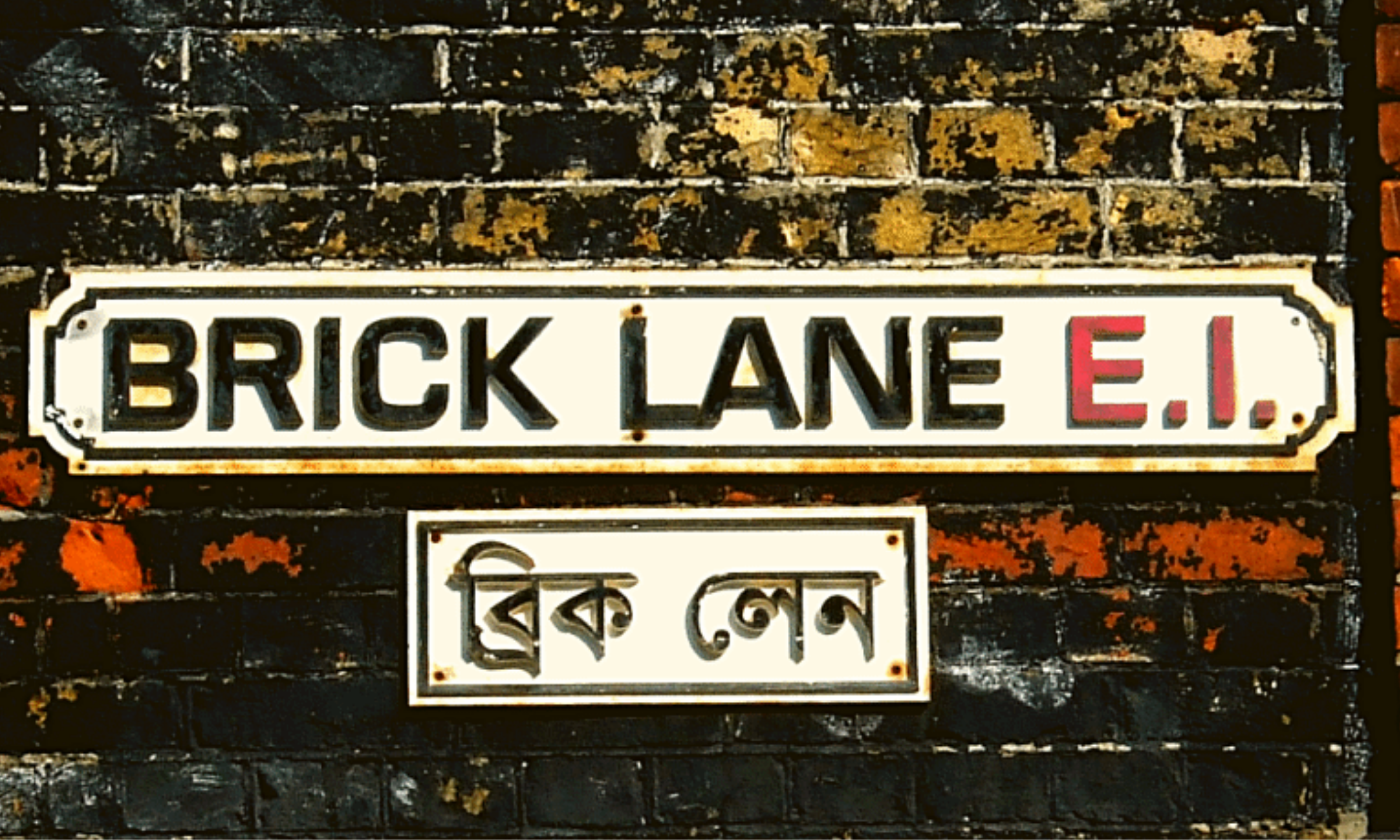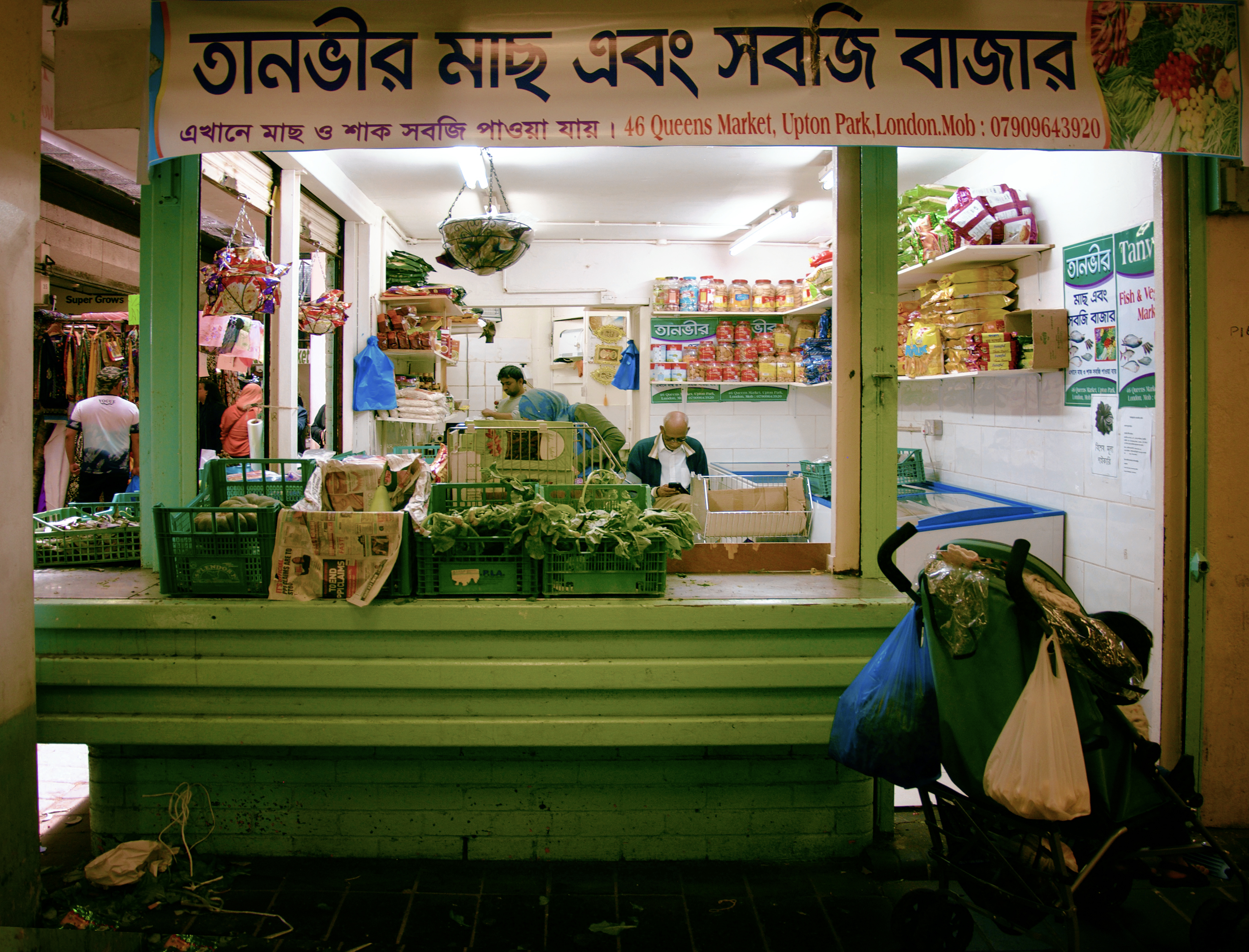
“I am never coming back here after Cambridge.” I have lost count of how many times I had told my mother this very statement during my teenage years. Every time we would walk down the High Street in East Ham, I would vow to never come back again after graduating. “I’ll buy a house, or an apartment, with two bedrooms, somewhere with a nice view.”
For those of you who have never visited, Green Street is a long road cutting through Upton Park – located in Newham, a borough in inner-city East London. It’s home to many South Asian clothing stores, restaurants, Afro-Caribbean hair shops, and Queens Market; abound of halal butchers, Desi print fabric and produce. While I often walk down Green Street, the last time I remember going into Queens Market (with much coaxing from my mother) I was probably nine or ten years old.
Cleanliness was a central theme of my distaste for Green Street and particularly Queens Market. I would complain about the smells; heavy from the sweat of bustling crowds, pungent from raw meat and fish, mixed with spices, old fabric and cheap oud. Implicitly, my issue was with the people who occupied the spaces, created the scents and existed visibly and vibrantly. People who were no different from me and my mother, both first generation immigrants from Bangladesh. Yet my egotistical snobbery wanted to separate myself from the very people whose relentless labour built up a safe community in which we could exist in a country that aggressively attempts to erase us. Even now, every so often, I guiltily admit, I catch myself wanting to scream from the top of my lungs “I’m different to you all. I’m clean. I’m refined. I’m educated. I study at Cambridge.”
“I catch myself wanting to scream…’I’m different to you all. I’m clean. I’m refined. I’m educated. I study at Cambridge’”
My source of shame is rooted predominantly in the internalisation of two mind sets: the revulsion of poverty and the fear of racially brown and black bodies and spaces. We are taught that poverty is a result of personal failure, an inability to raise oneself out of circumstantial conditions due to sheer laziness, lack of intelligence or skill. When poverty is seen as the failure of the individual, it abdicates responsibility from the state which unequally distributes resources leading to generations unable to escape a cycle. This allows for the demonization of impoverished people which easily justifies dehumanisation and objectification of such lives. It is only exacerbated when these people and spaces are brown and black. We see this routinely through the gentrification of areas similar to Upton Park (see: Peckham, Brixton, Dalston, Hackney, Stratford) which disproportionately affects ethnic minorities. We use the language of redevelopment, progress, cleanliness as a euphemism to disguise social cleansing as people of colour are routinely outpriced from their homes. We emphasise how vibrant the area is, but vibrancy can only be achieved when the people whose labour built up the community has been displaced, leaving only diluted remnants of its past self for the white middle class to shamelessly occupy. And, when brown and black people reject the occupation of their homes, we call it uncivilised rioting.
I am definitely not alone when it comes to feeling ashamed or guilty of my background. Growing up with very little money or in a constant state of instability can be a traumatic experience for many children. For me, a lot of these feelings began at school. Partially by children, perhaps unknowingly, competing to demonstrate they have more than the other. Mostly, through the discourse of social mobility which was constantly emphasised by teachers and the institution itself. Throughout secondary education, children from lower socio-economic environments are told that through education they must escape the circumstances of their background. With constant visits to top law firms and finance firms located in the City, and being taken to 33rd floors of glass buildings, they are told that this is what they should aspire to, and what they can achieve through sheer hard work. This is not to say that these trips should not happen, or that children from particular backgrounds should not or cannot become lawyers and bankers, but rather, that these visits must happen alongside conversations of community building and the redistribution of resources.
“We use the language of redevelopment, progress, cleanliness as a euphemism to disguise social cleansing”
In all my secondary school years, despite living in a borough which has one of the highest immigrant populations in the country, we never once spoke about immigrant identity. Conversations of race and class never went beyond abstract or superficial discussions, as we spoke in hypotheticals and seemingly ignored that the vast majority of the class was brown or black and experienced racialized lives. Our racialized realities were ignored, as we were taught to aspire to whiteness. The lack of discussion in school spaces allows for these feelings of self-loathing and alienation to continue to grow, particularly when we encounter spaces in which we are the minority.
Thus, it is pertinent that we begin to move the discourse of social mobility away towards one of social justice. We must firstly do this by acknowledging our own racialized and classed lives, the internalisation of hatred and fear, and the inter-racial and inter-class conflicts we encounter within our own communities. We need to acknowledge colour, acknowledge difference, and acknowledge our own cultural histories. We must also invest and mobilise around practical action to redistribute resources. This could be through improving public libraries, opening up schools on weekends for public use, promoting skills sharing workshops, and importantly mobilising political protest and demanding better state care. I certainly do not have all the answers or solutions to addressing how we must make the shift from mobility to justice, but we must at least create spaces for these conversations to occur.
“I want to apologise for being ashamed. I want to apologise for thinking myself to be better”
I want to end by apologising to Green Street. I want to apologise for being ashamed. I want to apologise for thinking myself to be better. I want to apologise to those that have created this space and those who continue to let it flourish. I want to apologise to the children of East London, who have been taught, generation after generation, to erase their histories. I want to apologise to my mother who works tirelessly to provide for me, and to whom I have often projected my own insecurities regarding race and class. And, I want to apologise to my own brown body, for harbouring so much self-hate.

